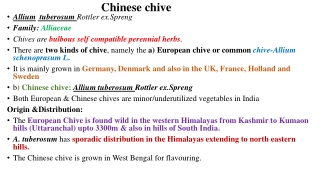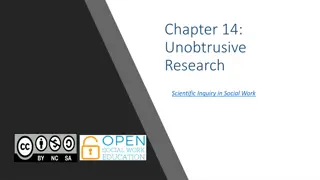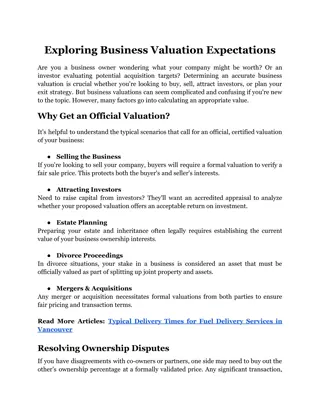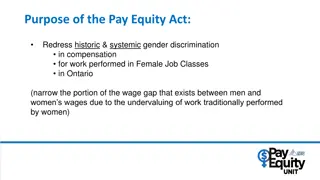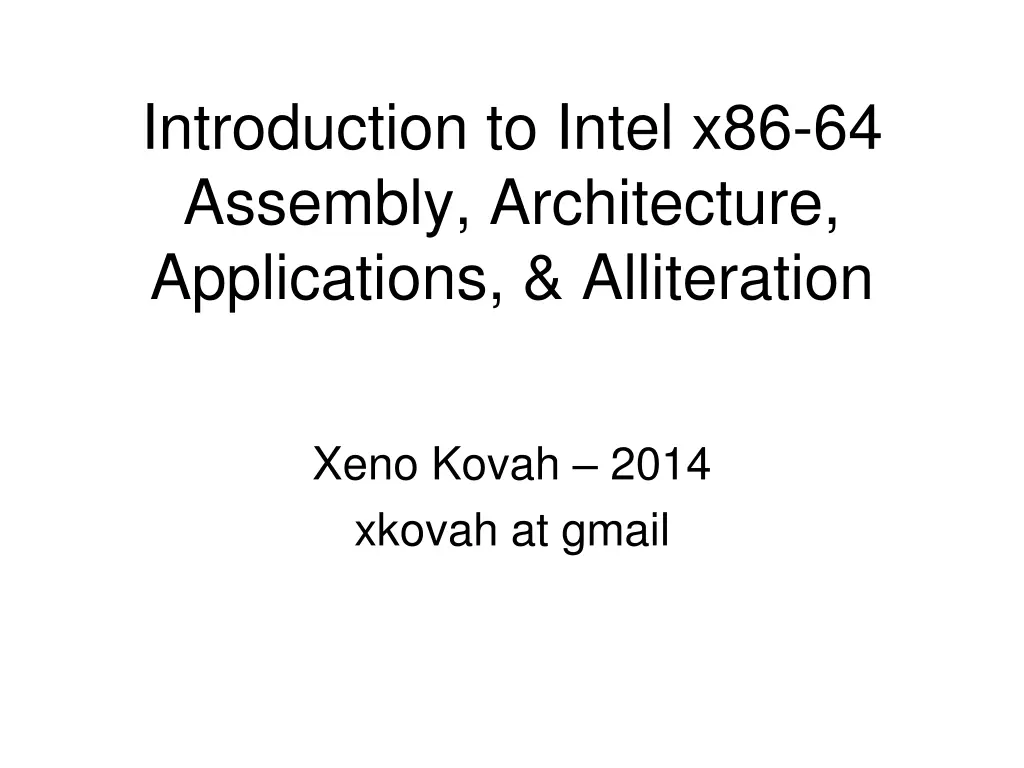
Advanced Intel x86-64 Assembly Insights
Explore the intricacies of Intel x86-64 assembly language through detailed examples and alliteration. Dive into architectures, applications, and the art of memcpy function. Discover how changing struct sizes can lead to different code paths.
Download Presentation

Please find below an Image/Link to download the presentation.
The content on the website is provided AS IS for your information and personal use only. It may not be sold, licensed, or shared on other websites without obtaining consent from the author. If you encounter any issues during the download, it is possible that the publisher has removed the file from their server.
You are allowed to download the files provided on this website for personal or commercial use, subject to the condition that they are used lawfully. All files are the property of their respective owners.
The content on the website is provided AS IS for your information and personal use only. It may not be sold, licensed, or shared on other websites without obtaining consent from the author.
E N D
Presentation Transcript
Introduction to Intel x86-64 Assembly, Architecture, Applications, & Alliteration Xeno Kovah 2014 xkovah at gmail
All materials is licensed under a Creative Commons Share Alike license. http://creativecommons.org/licenses/by-sa/3.0/ Attribution condition: You must indicate that derivative work "Is derived from Xeno Kovah's 'Intro x86-64 class, available at http://OpenSecurityTraining.info/IntroX86-64.html
Example9.c Journey to the center of memcpy() //Journey to the center of memcpy #include <stdio.h> main: sub rsp,38h mov dword ptr [a],0FFh mov r8d,8 lea rdx,[a] lea rcx,[b] call memcpy (0140001046h) mov eax,0ACE0BA5Eh add rsp,38h ret typedef struct mystruct{ int var1; char var2[4]; } mystruct_t; int main(){ mystruct_t a, b; a.var1 = 0xFF; memcpy(&b, &a, sizeof(mystruct_t)); return 0xAce0Ba5e; }
It begins memcpy: mov r11,rcx ; rcx == &b mov r10,rdx ; rdx == &a cmp r8,10h ; r8 == sizeof(mystruct_t) == 8 jbe mcpy00aa+95h (07FEEB9DA349h) ;It will take the jump because 0x8 is below or equal (JBE) 0x10 MoveBytes16: mov r10,r11 ; doesn t need to keep rdx copy anymore MoveBytes16a: lea r9,[__mbctype_initialized (07FEEBC10000h)] mov rax,r8 mov eax,dword ptr [r9+r8*4+4A363h] add rax,r9 ; the 4 preceding instructions are just calculating based on the size (r8) and some lookup table, where to jump next to continue jmp rax
MoveSmall8: ; oh, well thats a convenient name mov rax,qword ptr [rdx] mov qword ptr [r10],rax ; bam, 8 byte copy and done! mov rax,r11 ret ;done already? But I just got here! ;So that was all fairly un-interesting And we didn t find any new instructions. So let s go back and change the size of our struct so that we don t take that initial JBE and see what happens on the other path typedef struct mystruct{ int var1; char var2[4]; } mystruct_t; typedef struct mystruct{ int var1; char var2[16]; } mystruct_t;
It re-begins memcpy: mov r11,rcx ; rcx == &b == destination mov r10,rdx ; rdx == &a == source cmp r8,10h ; r8 == sizeof(mystruct_t) == 0x14 jbe mcpy00aa+95h (07FEEB9DA349h) ;This time it will NOT take the jump because 0x16 is not below or equal (JBE) 0x10. So it falls through to sub rdx,rcx jae mcpy00aa (07FEEDE0A2B4h) ; if the copy destination is above (unsigned) compare or equal to the source, then we can skip the next check. In our case it happens to not be mov rax,r10 ; copy the start address of the src add rax,r8 ; calculate the last byte of the src to be copied cmp rcx,rax ; check if the dst s start address is less than the last byte of the src (meaning they overlap) jl MoveSmall+297h (07FEEDE0A5FAh) mcpy00aa:
mcpy00aa: bt dword ptr [__favor (07FEEDF93408h)],1 ; check some bit that we have no idea what it is (but probably a configuration bit) jae mcpy00aa+1Dh (07FEEDE0A2D1h) ; if it s set, jmp ; in our case it seems not to be set, so we fall through push rdi ; save rdi (because it s going to be used) push rsi ; save rsi mov rdi,rcx ; move dst into rdi mov rsi,r10 ; move src into rsi mov rcx,r8 ; move size into dcx rep movs byte ptr [rdi],byte ptr [rsi] ; that which we seek! pop rsi ; restore pop rdi ; restore mov rax,r11 ; set return value to the copy of dst ret So, what s the deal with rep movs ?
REP MOVS 23 Repeat Move Data String to String MOVS is one of number of instructions that can have the rep prefix added to it, which repeat a single instruction multiple times. All rep operations use *cx register as a counter to determine how many times to loop through the instruction. Each time it executes, it decrements *cx. Once *cx == 0, it continues to the next instruction. Either stores 1, 2, 4, or 8 bytes at a time Either fill 1 byte at [di] with [si] or fill 2/4/8 bytes at [*di] with [*si]. Moves the *di register forward 1/2/4/8 bytes at a time, so that the repeated store operation is storing into consecutive locations. So there are 3 pieces which must happen before the actual rep stos occurs: set *di to the starting destination, *si to the starting source, and *cx to the number of times to store Note: Unlike MOV, MOVS can move memory to memory but only between [*si] and [*di] A lot of people don t pay attention to the fact that it s REP MOVS, not REP MOV(even though you may say it like rep move ) Book p. 274 & 278
High level pseudo-code approximation (how interesting it s like I went in reverse of the normal software engineeringprocess ) TODO: fixme memcpy(void * dst, void * src, unsigned int len){ if(len <= 0x10){ //sequence of individual mov instructions //as appropriate for the size to be copied } else{ if(dst & 3 != 0){ //Other path we didn t take, @ 1026ED74 } if((len / 4) >= 8){ ecx = len / 4; rep movs dword dst, src; } else{ //sequence of individual mov instructions //as appropriate for the size to be copied }
Instructions we now know (30) NOP PUSH/POP CALL/RET MOV ADD/SUB IMUL MOVZX/MOVSX LEA JMP/Jcc (family) CMP/TEST AND/OR/XOR/NOT INC/DEC SHR/SHL/SAR/SAL DIV/IDIV REP STOS REP MOVS







